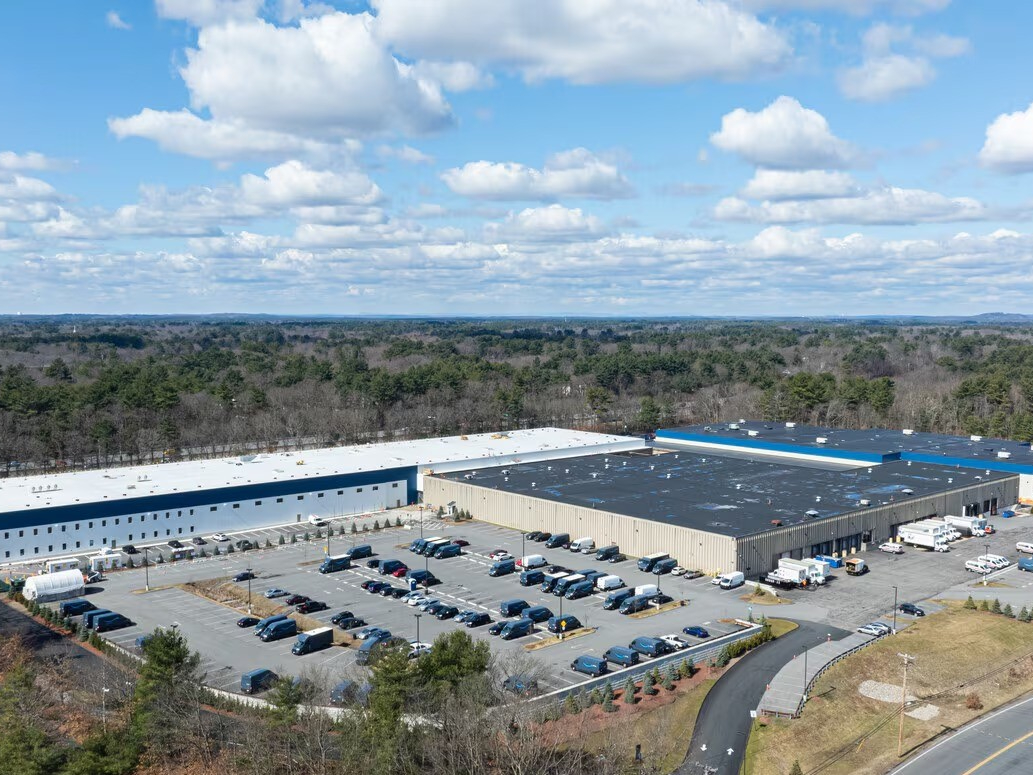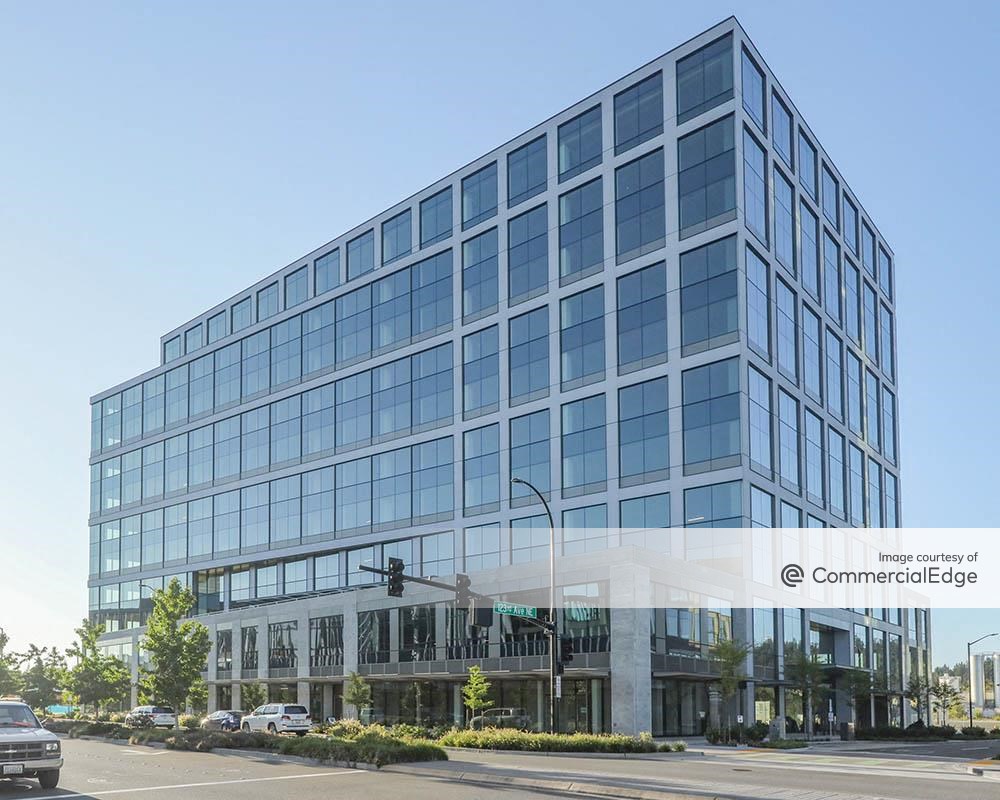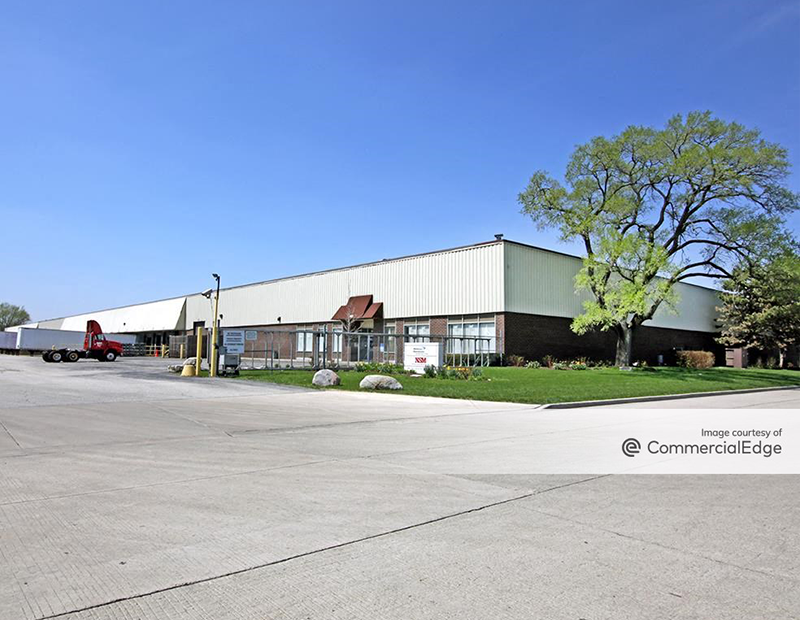GI Partners Launches Health-Care Investment Platform
The company partnered with former executives from Healthcare Trust of America.
Private alternative investment firm GI Partners is establishing UDLR Healthcare, a venture which will focus on investing in medical outpatient buildings. The platform is a partnership between GI Partners and a team of former executives from Healthcare Trust of America.
The focus of the new partnership will be on medical outpatient buildings located in key markets, near demographic growth centers, as well as adding value through capital improvement. An initial property investment is set to close this month.
Previous HTA CFO Robert Milligan will lead UDRL Healthcare and will serve as the platform’s CEO. He will be joined by former HTA executives Todd Sloan, Olivia Waalboer, Jeff Spiller and Austin Brooker.
READ ALSO: MOB Sector Remains Stable, Attractive
Joyce Chow, Principal at GI Partners, said in prepared remarks that the decision to create the platform comes as a result of increasing demand for high-quality medical facilities. In July 2022, HTA merged with Healthcare Realty Trust Inc.
Founded in 2001, GI Partners raised more than $42 billion in capital since its inception and has a real estate strategy that focuses on specialized domains, including technology, sciences and health-care properties.
According to CommercialEdge, the company has a footprint of approximately 11.4 million square feet, with investment mostly focused on office building assets, life science buildings and a few medical office properties acquired before launching the UDLR Healthcare platform. Among those is the 140,913-square-foot uCity Square, a Class A medical office in Philadelphia, purchased in 2021 for $79.5 million.
Investment opportunity in health-care real estate
What used to be an alternative asset class, MOB is now considered a mainstream investment sector. The asset is recession-proof and despite a lower transaction volume compared to the previous years, medical outpatient properties have a low vacancy rate with stable tenants.
In a recent MOB Outlook series, experts weighed in on the state of health-care investment. Owners are looking to broaden their portfolios and despite the influence of macroeconomic factors, there is a general confidence that the sector will continue to fare well in the upcoming year.








You must be logged in to post a comment.